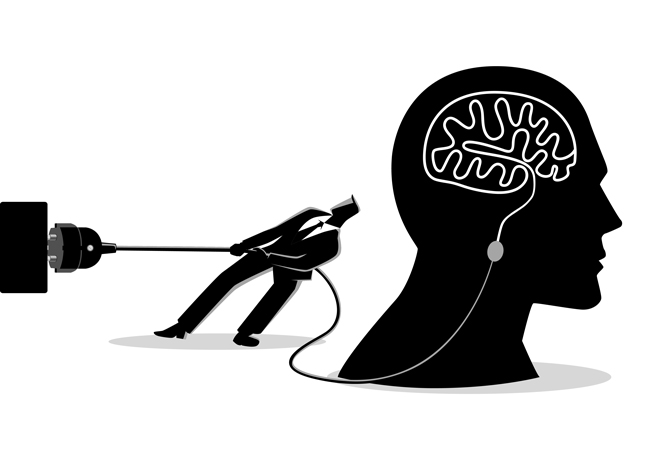When you are getting treated for a mental disorder, psychiatrists will refer to the Diagnostic and Statistical Manual for Mental Disorders (DSM). This tells them how to diagnose and treat these disorders. It’s often called the “bible of psychiatry”. Because of this, patients have a reasonable expectation that everything in the book would have been rigorously tested to the highest possible scientific standards.
But is this true?
How Are Diseases Added to the DSM?
This is one of the most controversial parts of psychiatry. There is no requirement for an objective test. For example, many psychiatrists prescribe drugs to correct chemical problems in the brain. But there is no way to test or measure these deficiencies. In fact, there are no objective exams to definitively tell whether or not a patient has the disease.
- Read more about Real Disease Vs. Mental Disorder
This has led to strong criticism from inside the psychiatry community. Some who have been brave enough to speak against the system have labeled the book as political, rather than scientific, in nature. Another common problem is that this process is like manufacturing disease. This, combined with the lack of objective tests, could conceivably lead to a healthy person being labeled as mentally ill.
- Read more about The Truth About Psychiatry
Another common problem is the way that important terms are defined. Many psychiatrists have complained that the terms are too vague. This makes it harder to tell the difference between normal, human reactions and mental disorders.
For example, what is the difference between someone grieving a loved one and someone who is suffering from depression? Without clear, scientifically objective guidelines, it becomes easy to over-diagnose.
By the formal creation of these diseases and ascribing a code, it could create a pseudo-scientific process. After all, there is no way of truly knowing whether the patients even have the disease. The critics of the system aren’t just concerned about the scientific rigor of the DSM. They are also concerned about this process could affect patients.
How Does This Benefit Psychiatrists?
One of the biggest concerns, though, is how this process benefits psychiatrists, perhaps at the expense of patients. The more diseases they have, the more likely it is they will make a diagnosis. This, in turn, means that they will be able to prescribe drugs to “fix” the problem. This can be encouraged by billion-dollar drug companies, to sell more products.
However, this process also increases the likelihood that a patient will be misdiagnosed. Without an objective measure to test whether or not they have the disease, there is a risk that they could be taking medication for a disease they don’t have. This is especially problematic when there are treatments like electroshock therapy available.
What Can You Do?
If you are concerned by this research, there is a few things that you can do to protect yourself and your loved ones. First, you should get a differential diagnosis. This will allow a doctor to examine you. This will rule out the possibility that the symptoms could be caused by medical problems.
It’s also essential that you remember your rights
You don’t need to take drugs that are having an adverse effect. You will also be able to examine the possibility that you can seek drug-free treatments. These have the potential to be just as effective as the drugs prescribed by a psychiatrist.

